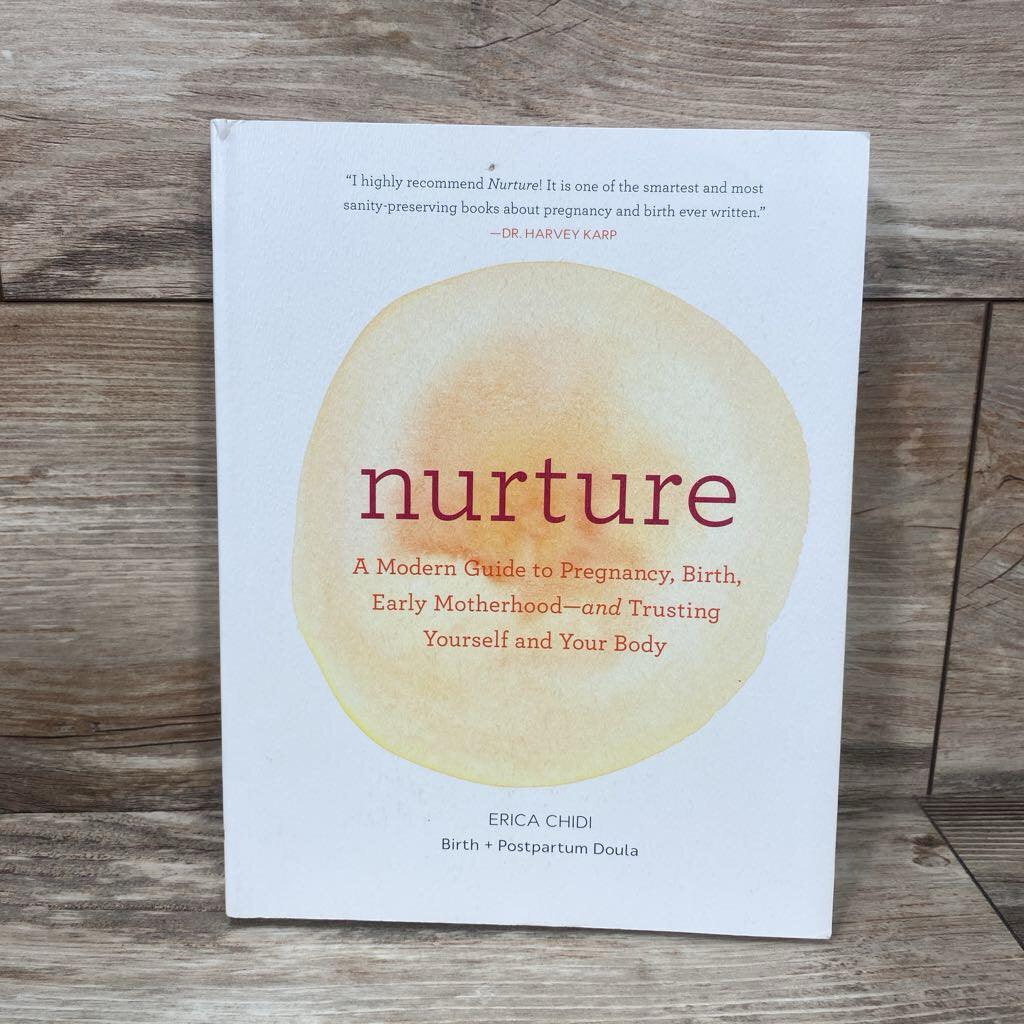Resale & Recycling: The Environmental Power Duo
Resale & Recycling: The Environmental Power Duo
Intro
In today's eco-conscious world, the power of resale and recycling cannot be overstated. As individuals seek ways to minimize their environmental footprint, these two practices have emerged as sustainable superheroes in the battle against waste. Together, they form a formidable duo, keeping millions of pounds of products out of landfills annually and offering a greener alternative to traditional consumer habits. This blog post explores the significance of resale and recycling, their environmental impacts, and how we can all participate in this movement for a healthier planet.Understanding the Resale and Recycling Movement
The resale and recycling movement is a dynamic response to the critical need for environmental conservation and waste reduction. It encompasses the practice of reselling previously owned items such as clothing, electronics, and furniture through various platforms, from consignment shops to online marketplaces. Simultaneously, recycling transforms waste materials back into useful products, preventing them from contributing to landfill mass and reducing the demand for new raw materials. This movement is not only about handling waste more responsibly but also about changing the way we think about consumption. By valuing what we already have and finding new life for used items, we embrace a more sustainable lifestyle that prioritizes the planet's health over short-lived consumer trends. This dual approach helps slow down the rapid pace of waste production and introduces a more circular economy, where products are designed to be reused and repurposed rather than discarded.
The Environmental Impact of Textile Waste
Textile waste significantly contributes to global pollution, positioning the fashion industry among the top environmental offenders. Every year, the disposal of millions of tons of clothing in landfills presents a dire scenario. These textiles, often synthetic and non-biodegradable, linger in the environment for centuries, leeching toxins and dyes that contaminate soil and groundwater. The process exacerbates when considering the carbon footprint associated with producing, transporting, and disposing of these garments. By opting for resale and recycled clothing, we intercept this cycle of waste, lessening the strain on the planet. This approach not only curtails the volume of new clothing produced but also slashes the environmental toll of its lifecycle from creation to disposal. Engaging in the resale economy thus emerges as a potent strategy in combating textile waste, fostering a sustainable fashion ethos that champions longevity over disposability.
Beyond Clothing: The Wide Reach of Resale
The concept of resale extends well into various sectors beyond the realm of fashion, encompassing an array of items such as furniture, electronics, books, and vehicles. This expansive market not only diverts a significant amount of usable goods from ending up as waste but also conserves the energy and resources that manufacturing new products demands. The practice plays a crucial role in offering consumers an economically viable option to access a broad spectrum of goods, potentially beyond their usual budget. By broadening the scope of resale to include these diverse categories, the movement bolsters its impact on waste reduction and resource conservation. This wide reach illustrates the versatility and potential of resale as a sustainable choice in numerous aspects of consumer behavior, making it a critical component of the global effort to combat waste and promote environmental stewardship.
The Benefits of Supporting Resale and Consignment Shops
When you choose to shop at resale and consignment stores, you're participating in a cycle of benefits that extends beyond personal savings. Economically, this practice enriches local communities by keeping dollars circulating locally and providing support to small businesses that are often the backbone of our neighborhoods. Environmentally, it contributes significantly to waste reduction and resource conservation, helping to mitigate the massive environmental impacts associated with the production and disposal of new goods. For consumers, resale shopping offers an unparalleled opportunity to discover unique and rare items, adding a distinctive touch to personal collections or wardrobes that can't be replicated by mass-market retail. Moreover, this shopping approach encourages a culture of mindful consumption, where every purchase is intentional and contributes to a larger goal of sustainable living. Engaging in the resale economy is a concrete step towards embracing a lifestyle that values quality, uniqueness, and sustainability over disposability and uniformity.
How to Incorporate Resale Shopping into Your Lifestyle
Embracing resale shopping as a part of your daily life is a seamless process. Begin by sorting through your belongings and identifying items you no longer use or need. These can find a new home via local consignment shops or online resale platforms, making room for new-to-you treasures. When the need for a new item arises, prioritize checking resale sources first. This can include visiting brick-and-mortar consignment stores, browsing through online marketplaces, or joining social media groups focused on resale. Not only does this habit support sustainable living by reducing waste, but it also opens the door to discovering unique finds that can add personality and character to your wardrobe or home. Emphasize the joy of hunting for these hidden gems and the satisfaction of making eco-friendly choices with each purchase. This approach to shopping is a tangible way to contribute to a more sustainable future while refreshing your space and style in a budget-friendly manner.
The Future of Resale and Recycling
As we move forward, the landscape of resale and recycling is set to expand with increasing societal engagement and technological advancements paving the way. The burgeoning popularity of digital marketplaces and apps dedicated to the resale of goods is streamlining the process, making sustainable shopping more accessible than ever. Concurrently, a significant shift in consumer mindset towards prioritizing eco-friendly practices is influencing market trends, encouraging more companies to rethink their production and waste management strategies to align with circular economy principles. These developments indicate a transformative phase in how goods are consumed and disposed of, pointing towards a future where resale and recycling are integral to our daily lives. This evolution promises not only to reduce the environmental footprint of our consumer habits but also to foster an economy that values sustainability at its core, marking a pivotal step towards ecological responsibility.






